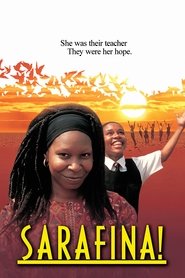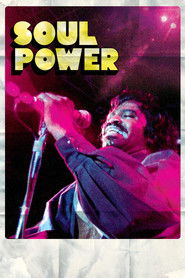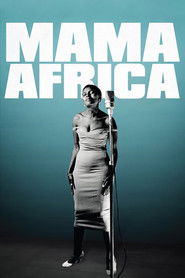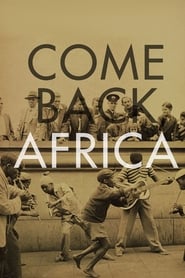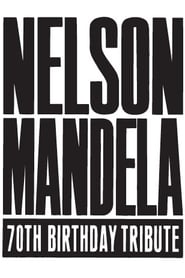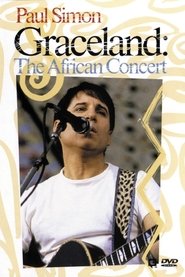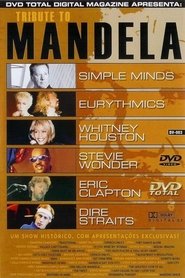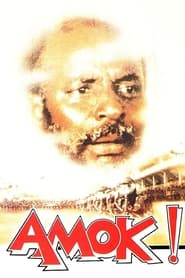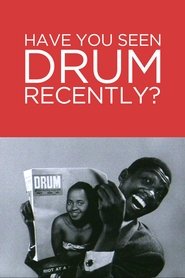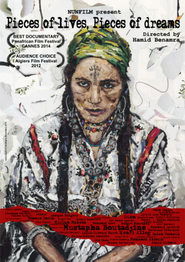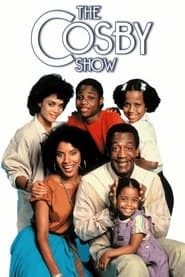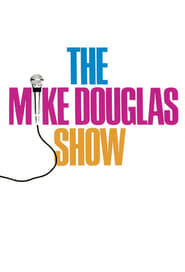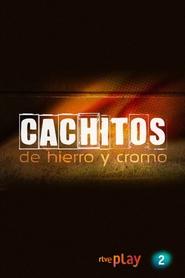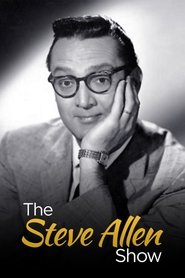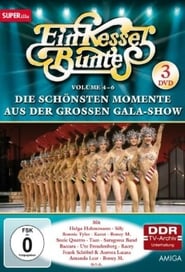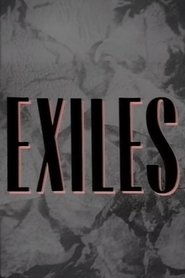Miriam Makeba
Zenzile Miriam Makeba (4 March 1932 – 9 November 2008), nicknamed Mama Africa, was a South African singer, songwriter, actress, and civil rights activist. Associated with musical genres including Afropop, jazz, and world music, she was an advocate against apartheid and white-minority government in South Africa. Born in Johannesburg to Swazi and Xhosa parents, Makeba was forced to find employment as a child after the death of her father. She had a brief and allegedly abusive first marriage at the age of 17, gave birth to her only child in 1950, and survived breast cancer. Her vocal talent had been recognized when she was a child, and she began singing professionally in the 1950s, with the Cuban Brothers, the Manhattan Brothers, and an all-woman group, the Skylarks, performing a mixture of jazz, traditional African melodies, and Western popular music. In 1959, Makeba had a brief role in the anti-apartheid film Come Back, Africa, which brought her international attention, and led to her performing in Venice, London, and New York City. In London, she met the American singer Harry Belafonte, who became a mentor and colleague. She moved to New York City, where she became immediately popular, and recorded her first solo album in 1960. Her attempt to return to South Africa that year for her mother's funeral was prevented by the country's government. Makeba's career flourished in the United States, and she released several albums and songs, her most popular being "Pata Pata" (1967). Along with Belafonte she received a Grammy Award for her 1965 album An Evening with Belafonte/Makeba. She testified against the South African government at the United Nations and became involved in the civil rights movement. She married Stokely Carmichael, a leader of the Black Panther Party, in 1968. As a result, she lost support among white Americans. Her visa was revoked by the US government when she was traveling abroad, forcing her and Carmichael to relocate to Guinea. She continued to perform, mostly in African countries, including at several independence celebrations. She began to write and perform music more explicitly critical of apartheid; the 1977 song "Soweto Blues", written by her former husband Hugh Masekela, was about the Soweto uprising. After apartheid was dismantled in 1990, Makeba returned to South Africa. She continued recording and performing, including a 1991 album with Nina Simone and Dizzy Gillespie, and appeared in the 1992 film Sarafina!. She was named an FAO Goodwill Ambassador in 1999, and campaigned for humanitarian causes. She died of a heart attack during a 2008 concert in Italy. Makeba was among the first African musicians to receive worldwide recognition. She brought African music to a Western audience, and popularized the world music and Afropop genres. She also made popular several songs critical of apartheid, and became a symbol of opposition to the system, particularly after her right to return was revoked. Upon her death, former South African President Nelson Mandela said that "her music inspired a powerful sense of hope in all of us." ... Source: Article "Miriam Makeba" from Wikipedia in English, licensed under CC-BY-SA 3.0.
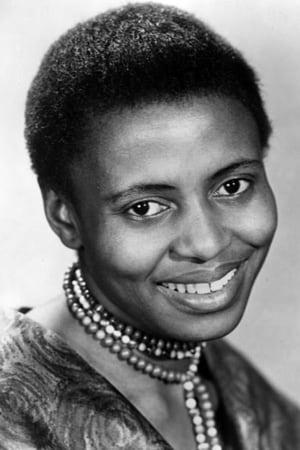
Soundtrack to a Coup d'Etat
as Self (archive footage)Jazz and decolonization are intertwined in a powerful narrative that recounts one of the tensest...
Movie pageWhen We Were Kings
as SelfIt's 1974. Muhammad Ali is 32 and thought by many to be past his prime. George Foreman is ten...
Movie pageSarafina!
as AngelinaThe plot centers on students involved in the Soweto Riots, in opposition to the implementation...
Movie pageSoul Power
as Self (archive footage)Soul Power is a 2008 documentary film about the Zaire 74 music festival in Kinshasa which...
Movie pageMama Africa
as Self (archive footage)Miriam Makeba was one of the first African musicians who won international stardom and whose...
Movie pageAmandla! A Revolution in Four-Part Harmony
as SelfThe struggle to eradicate apartheid in South Africa has been chronicled over time, but no one...
Movie pageCome Back, Africa
as MiriamCome Back, Africa chronicles the life of Zachariah, a black South African living under the rule...
Movie pageAfrica Rising
as Self - Musician (archive footage)How African artists have spread African culture all over the world, especially music, since the...
Movie pageNelson Mandela 70th Birthday Tribute
as SelfWembley Stadium hosts a concert featuring stars from the fields of music, comedy and film, in...
Movie pagePaul Simon | Graceland: The African Concert
as SelfSinger Paul Simon and several African musicians perform a concert to benefit victims of...
Movie pageThe Nelson Mandela 70th Birthday Concert
as SelfThere was a time when the biggest names in pop music believed they could change the world for...
Movie pageAmok
as Joséphine SempalaA rural teacher discovers the harsh realities of his South Africa.
Movie pageThe Panafrican Festival in Algiers
as SelfFestival panafricain d'Alger is a documentary by William Klein of the music and dance festival...
Movie pageHave You Seen Drum Recently?
as uncreditedHave You Seen Drum Recently? is a 1989 film which uses photographs from the Drum archives to...
Movie pagePieces of Lives, Pieces of Dreams
as SelfAlgerian director Hamid Benamra turns his focus to Mustapha Boutadjine, a charming, mercurial...
Movie pageThe Cosby Show
as SelfThe Cosby Show is an American television situation comedy starring Bill Cosby, which aired for...
TV Show pageThe Mike Douglas Show
as SelfThe Mike Douglas Show is an American daytime television talk show hosted by Mike Douglas that...
TV Show pageCachitos de hierro y cromo
as Self (archive footage)Cachitos de hierro y cromo is a Spanish musical-themed documentary program, directed by Jero...
TV Show pageEin Kessel Buntes
as SelfThe show was meant to compete with those on West German television. To this end it was fairly...
TV Show pageExiles
as SelfA series featuring six major artists and writers who live and work in exile.
TV Show page

